May 1981. I was pretty much young. Radio stations were playing Bob Marley non-stop. One Love. Redemption Song. No Woman No Cry. Rastaman Vibration. On and on and on. I overheard my older cousin, now of blessed memory, discussing with a neighbour that “Bob Marley is dead”. She looked sad. On my uncle’s table were several Marley cassettes. The one that fascinated me the most was the cover of ‘Uprising’, his last studio album. He had his arms raised and his head bent backwards, with his dreadlocks, as thick as the roots of an Iroko, touching the ground. I wondered: how can a human being have such thick and long locks? Much later, I would understand it was an artist’s work.
As a kid, I enjoyed Marley’s music but understood not much about his message and knew pretty little about the man. I used to think, for instance, that ‘No Woman No Cry’ meant women were the source of tears. If there were no women, there would be no tears. But as I grew older and paid attention to the song, I heard the lines: ‘O my little sister, don’t shed no tears/No woman no cry’ and ‘So dry your tears I say’. He was actually asking the “woman” not to “cry” — in Jamaican patois. I would later understand that the song highlights the toils of Jamaican women, his widowed mother inclusive, who struggled to fend for their families. The message was lost in translation to me.
Cedella Marley gave birth to the legend on February 6, 1945. The father, Norval Sinclair Marley, who was white, was born in Crowborough, East Sussex, UK, in 1885, and reportedly worked in Lagos, Nigeria, as a member of the colonial army after WW1. He then relocated to Jamaica, where he served as a plantation officer. He named his little boy Nesta (“wise messenger”) Robert Marley at birth, although the name order was re-arranged to Robert (“Bob”) Nesta Marley by a Jamaican passport official who said Nesta was a girl’s name. Maybe he was right — Nesta, shortened from Ernesta, is feminine in Wales and means “pure”. Elsewhere, it is unisex and has different meanings.
Norval was 60 and Cedella 18 when they had Bob. At 70, Norval died of a heart attack. That was Bob becoming fatherless at 10. He barely knew his father, who was hardly at home because of work schedule. The parental burden thereafter fell on the widow, who had to fend for Bob all by herself, mustering her finances to make his favourite dish, cornmeal porridge, which he sang about in ‘No Woman No Cry’. He once said of his mum: “Of all the women who told me they loved me, the only one who didn’t hurt me was my mother.” The mum said Bob, even as a pre-teen, always had a special place in her heart: she always jumped up to serve him anytime he asked for anything.
Advertisement
Cedella gave him a free hand. He came home one day and said he was dropping out of high school to sing. The mum, a chorister, challenged him to sing a tune, and little Bob excellently rendered ‘Don’t Touch My Tomatoes’, a lewd calypso hit in the 1940s. He passed the audition. At 22, Marley, who also sang in the choir, told his mum he would no longer go to church, that Emperor Haile Selassie I of Ethiopia was the black messiah, and that he would now be a Rastafarian. This was more difficult for the mum to accept: she was a Christian and had, in fact, been baptised when she was pregnant with Bob. But she let him be. This was a lot of concession in an era when parents took all the decisions.
With the breadwinner gone, mother and child had relocated to Trench Town, the Ajegunle of Kingston, the Jamaican capital. It became Marley’s adopted hometown, in whose honour he wrote a song: ‘We come from Trench Town/We free the people with music.’ Cedella went on to have more children: one girl with the father of Neville O’Riley Livingston (“Bunny Wailer”) and two boys with Edward Booker, an American whom she married after permanently relocating to the US. Back in Trench Town, Marley got his singing buddies, Bunny Wailer and Hubert Winston McIntosh (“Peter Tosh”), together and The Wailers were born in 1963. We all know the rest of the story.
THE MUSIC: REGGAE ON BROADWAY
Advertisement
Before founding The Wailers, Marley had recorded several solo ska tunes which were not commercially successful. His first was the philosophical ‘Judge Not’, recorded in 1962 when he was 17. You might be familiar with these lines: ‘The road of life is rocky/And you may stumble too/So while you talk about me/Someone else is judging you.’ There are similar lines in ‘Could You Be Loved’, a track in his last studio album in 1980 when he had become a global icon. He recorded a divorce number, ‘One Cup of Coffee’, under a pseudonym, Bobby Martell, also in 1962. Listen to him: ‘Just one cup of coffee then I’ll go/So I just dropped by to let you know/That I’m leaving you tomorrow/I’ll cause you no more sorrow…’
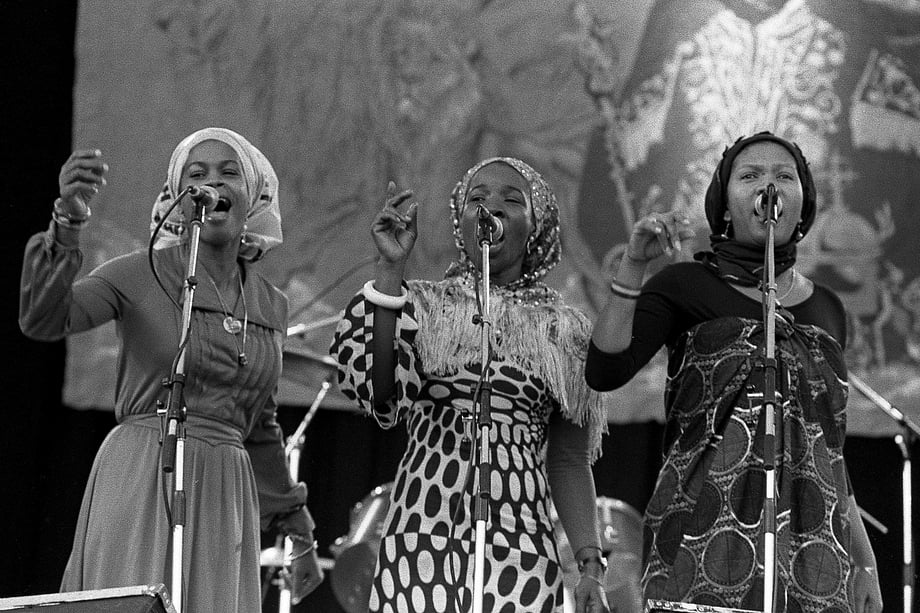
The Wailers, joined by three more members in 1963, dreamt of being “the Beatles from Jamaica”. They called themselves the Teenagers, the Wailing Rudeboys and the Wailing Wailers, before finally settling for The Wailers. The trio benefitted immensely from vocal trainings by Joe Higgs, a Jamaican music great who also tutored Jimmy Cliff, another reggae legend. Tosh, in particular, was a genius: he learnt the guitar by just watching someone play. He also played the keyboard and organ. His vocal range was incredible. His harmony on ‘Concrete Jungle’ always leaves me with goose bumps. He organised the back-up vocals for the group. Bunny was nimble-fingered on bongo and conga drums.
The Wailers’ 1964 ska single, ‘Simmer Down’, topped Jamaican charts. In 1965, they released their first LP, ‘Wailing Wailers’ (a name now desecrated in Nigeria). It was not a studio album but a compilation of their hit singles from previous years, including ‘One Love’, ‘I’m Still Waiting’ and the chart-topping ‘Simmer Down’. All but four of the 12 tracks were written or co-written by Marley. He who could write, compose and sing a hell lot. It was crystal clear from the beginning who among the trio was going to be the biggest star — long before they met Chris Blackwell, the UK record mogul usually accused by Tosh’s fans of promoting Marley above other Wailers because of his skin tone.
The ‘Wailing Wailers’ compilation was all ska and rocksteady, the genres that would go on and give birth to “reggay” — the name first used for the emerging genre by Toots and the Maytals in their 1968 album, ‘Do The Reggay’. Ska was fast-paced, infused with elements of calypso, and was very rich in horns, while rocksteady was mellow with a jazzy feel, but the reggae offspring was even slower and richer in bass, with a ticking rhythm. Ska, rocksteady and reggae sounds were, in any case, all influenced by American jazz and R&B, the dominant global music at the time. Targeting the American market, Marley even experimented with R&B in the song, ‘Reggae on Broadway’.
Advertisement
Although the Wailers had recorded a number of hits, toured wide, set many records and enjoyed some success, the reggae audience was still predominantly Jamaican. They did not have access to modern recording studios. For a band that wanted to do what the Beatles and Rolling Stones were doing, they also needed the cross-over appeal without losing the basic identity of reggae. These challenges had limited the global commercial success of their music. The story started to change in 1969 as producers, working with The Wailers, refined the emerging reggae music, de-emphasising the ska horns and introducing the electric guitar. It was the beginning of a revolution.
In 1972, a mini-disaster turned into a destiny-changer — for Marley in particular. They had worked with Johnny Nash, the American singer, in Sweden and later the UK. They ran out of cash after Nash returned to the US. They were unable to return to Jamaica or work in London. Their road manager, Brent Clarke, audaciously approached Blackwell, a producer and owner of Island Records, to ask for the royalties on their songs that he had released in the UK. But Blackwell was so enamoured with Marley that he offered them not just tickets back to Jamaica but also a contract to record an album. The advance royalty of £4,000 was irresistible. They signed. That, basically, was the turning point for reggae globally.
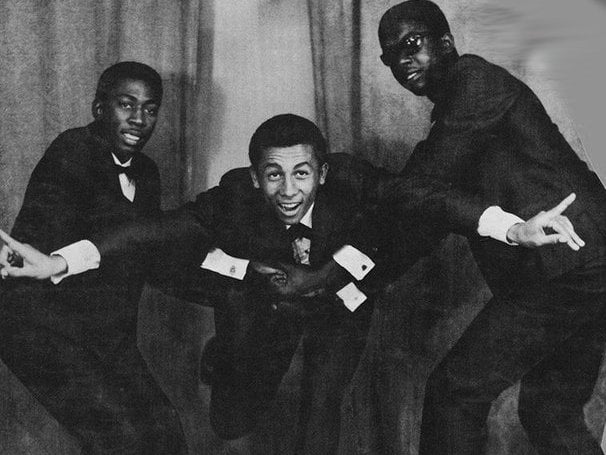
They returned to Jamaica, recorded songs for the album, ‘Catch A Fire’, and Marley returned to London with the tapes for post-production in a state-of-the-art studio, until then the exclusive preserve of rock ‘n’ roll artistes. Of the nine tracks, Marley wrote seven, including ‘Stir it Up’ (covered by Nash), and Tosh did two. The album was released in April 1973. There was a legal hitch — The Wailers had subsisting contracts with CBS Records and Sims — but this was overshadowed by the success of the album, peaking at 117 on Billboard 200 and establishing The Wailers as an international band. ‘Catch A Fire’ is still regarded as one of the greatest reggae albums ever.
Cracks were beginning to emerge as other Wailers felt Marley was being favoured by Blackwell. In fact, Blackwell credited an issue of the ‘Catch A Fire’ album to “Bob Marley and the Wailers”. Still riding on the waves of the album, they released Burnin’ in October 1973. The sleeve design also had Marley as the dominant image. The 10-tracker, mostly written and composed by Marley, featured hits such as the militant ‘Get Up Stand Up’ (which he co-wrote with Tosh to address the favouritism concerns) and ‘I Shot Sheriff’. Eric Clapton, the legendary British rock and blues artiste, did a soft rock version of ‘I Shot the Sheriff’ in 1974 and it hit No 1 on Billboard Hot 100. This helped introduce reggae to a wider market. And bigger commercial success naturally followed.
Advertisement
But things were changing fast in 1974. Burnin’ marked the end of The Wailers as the world knew them. Tosh and Bunny left the band, complaining that their talents were being suppressed, with Tosh saying he was tired of being a “backrow” singer. Undaunted, Marley picked up the pieces, rejigged the band and began another phase in his blossoming career. The new band had siblings Carlton and Aston “Family Man” Barrett respectively on drums and bass. Carlton’s one-drop beat was unbeatable and I would rate Aston as my best bass guitarist ever. Tyrone Downie and Earl “Wya” Lindo played the keyboards. Alvin “Seeco” Patterson handled percussion. Junior Marvin and Al Anderson were on the lead guitar.
With Marley playing the rhythm guitar and Rita, his wife, Judy Mowatt and Marcia Griffiths (named “I Three”) providing the female background vocals, Bob Marley and The Wailers took the world by storm, releasing six outstanding studio albums — ‘Natty Dread’ (1974), ‘Rastaman Vibration’ (1976), ‘Exodus’ (1977), ‘Kaya’ (1978), ‘Survival’ (1979) and ‘Uprising’ (1980) — as well as two live albums, ‘Live!’ (1975) and ‘Babylon by Bus’ (1978). The hits poured in endlessly and the commercial success was massive. Marley became the face of reggae and Rastafarianism across the world. Two years after his death, ‘Confrontation’ was released. It was a compilation of unreleased, mostly remastered materials.
Advertisement
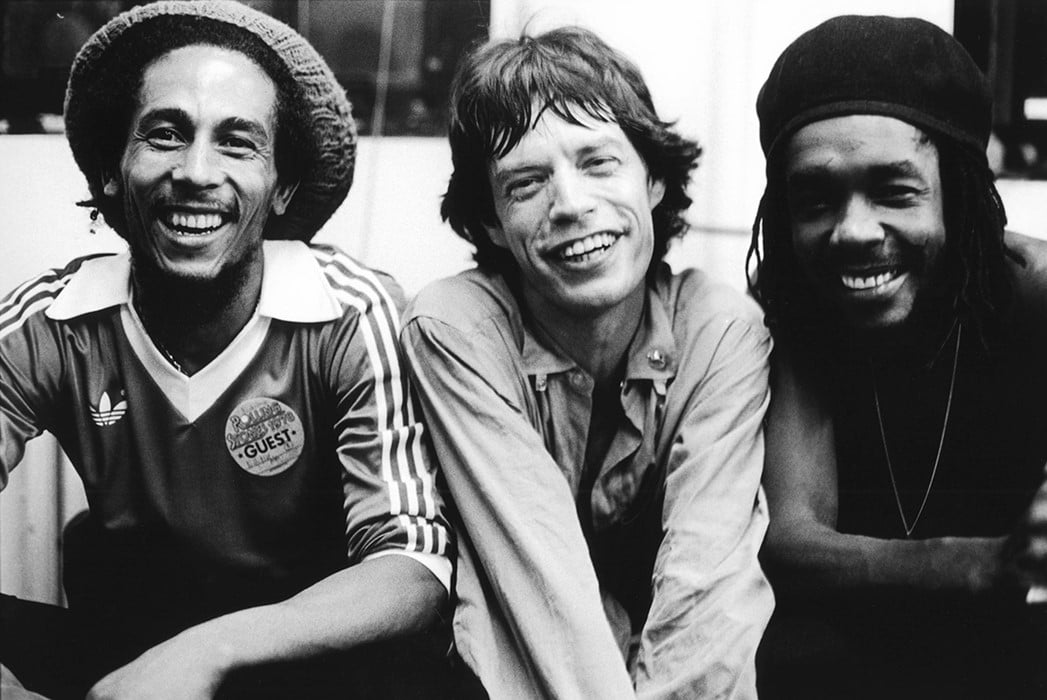
Evidently, success did not come to Marley on a silver platter, just that he believed in his talent and never stopped toiling. When The Wailers were signed to Studio One in Jamaica in 1964, they hardly got paid for all the hits they were churning out amid soaring sales. Late 1965, Marley — who had trained as a welder after dropping out of school — decided to go to the US to work, earn money and return to Jamaica to set up a label for The Wailers. Using the alias “Donald Marley”, he worked two jobs: as a DuPont lab assistant and on a Chrysler plant assembly line in Newark. He returned in 1967. Tuff Gong Studios was founded in 1970, to the chagrin of the Big Three Jamaican labels — Studio One, Treasure Isle and Federal. Marley’s song, ‘Small Axe’, was a snide message to them: ‘If you are the big tree (Big Three)/We are the small axe (small acts)/Ready to cut you down.’
THE MESSAGE: ONE LOVE, AFRICA UNITE
Advertisement
Marley’s life was defined by Rastafarianism. Marcus Garvey, the Jamaican activist, had “prophesied” in 1916: “Look to Africa for the crowning of the Black king. He shall be the redeemer.” When Ras Tafari Makonnen (Selassie I) was crowned as the Ethiopian emperor in 1930, some Jamaicans said the black God was finally here and Rastafarianism was promptly born under the leadership of Leonard Howell, “the First Rasta”. Selassie, who was a Christian and never called himself a messiah, later said: “I met certain Rastafarians. I told them clearly that I am a man, that I am mortal, and that I will be replaced by the oncoming generation, and that they should never make a mistake in assuming or pretending that a human being is emanated from a deity.” Some Rastas believe that his denial was the final confirmation that he was indeed the black messiah!
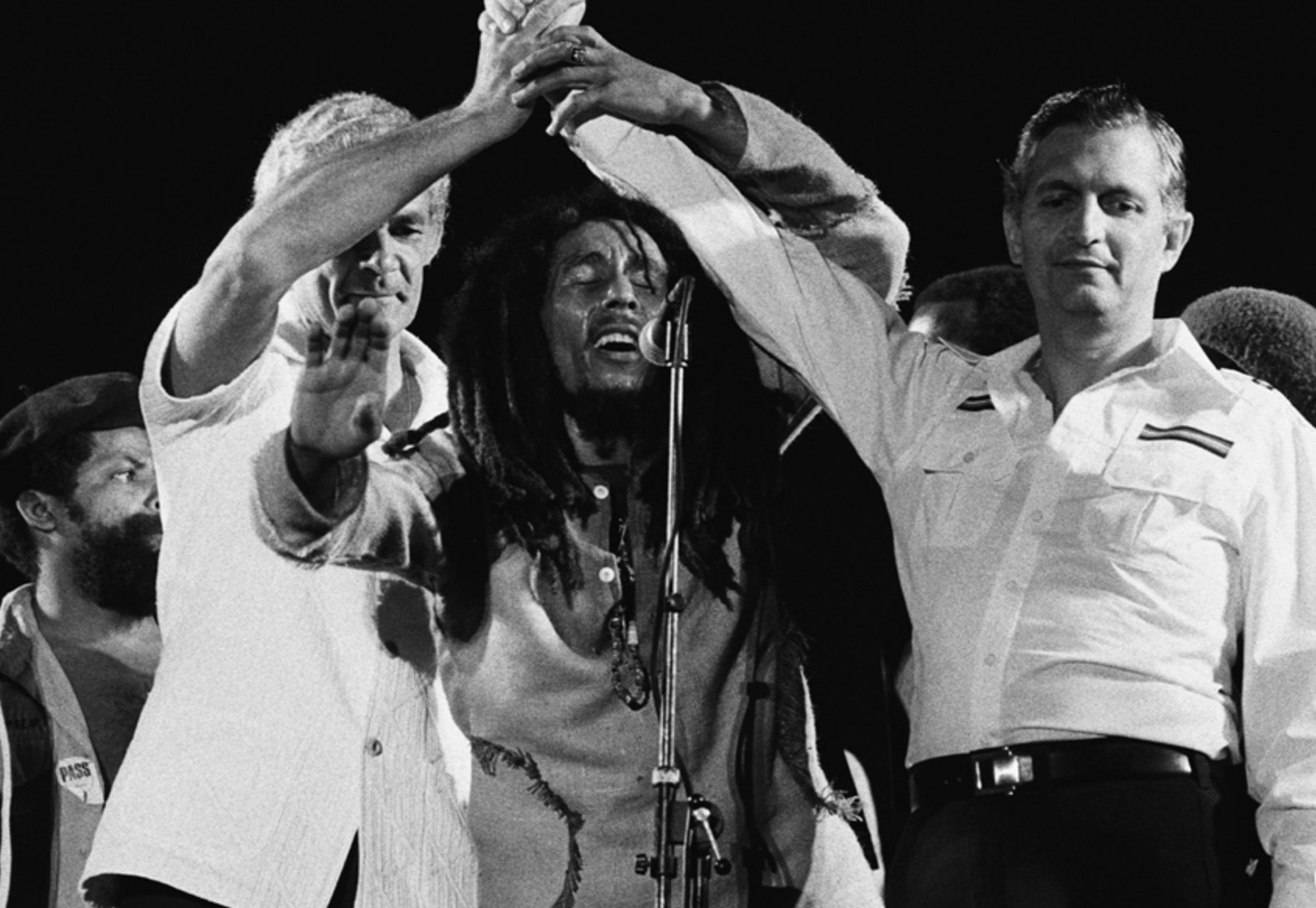
Garvey, who died in 1940, was said to have been scornful of the Rastafarian belief in the divinity of Selassie, but Rastas do not hold this against the great Afro-Jamaican Pan-Africanist. Instead, they even idolise Garvey as a prophet. In 1914, Garvey had founded the Universal Negro Improvement Association and African Communities League (UNIA) for the advancement of people of African ancestry. He declared himself the “provisional president” of Africa. He was an inspiration for black nationalists across the world: our own Dr Nnamdi “Zik” Azikiwe, also a Pan-Africanist, met with Garvey while studying for a master’s at the University of Pennsylvania in the US in 1932. Zik would lead Nigeria to Independence in 1960.
Advertisement
Garvey’s influence on Marley was evident in his 1980 solo acoustic track, ‘Redemption Song’, in which he borrowed from the inspiring speech Garvey gave on October 1, 1934 in Nova Scotia, Canada: “We are going to emancipate ourselves from mental slavery because whilst others might free the body, none but ourselves can free the mind.” Sounds familiar? What about this? Garvey always ended his speeches with: “One Love!” One of Marley’s most popular songs is titled ‘One Love’. Like Garvey, Marley yearned for the homecoming of all Africans. In ‘Africa Unite’, he sang: ‘How good and pleasant it would be/Before God and man/To see the unification of all Africans…’
Marley’s ‘War’ is one of the most political songs he ever did, inspired entirely by Selassie’s speech to the UN in 1963: “That until the philosophy which holds one race superior and another inferior is finally and permanently discredited and abandoned; that until there are no longer first class and second class citizens of any nation; that until the colour of a man’s skin is of no more significance than the colour of his eyes; that until the basic human rights are equally guaranteed to all without regard to race; that until that day, the dream of lasting peace and world citizenship and the rule of international morality will remain but a fleeting illusion, to be pursued but never attained.
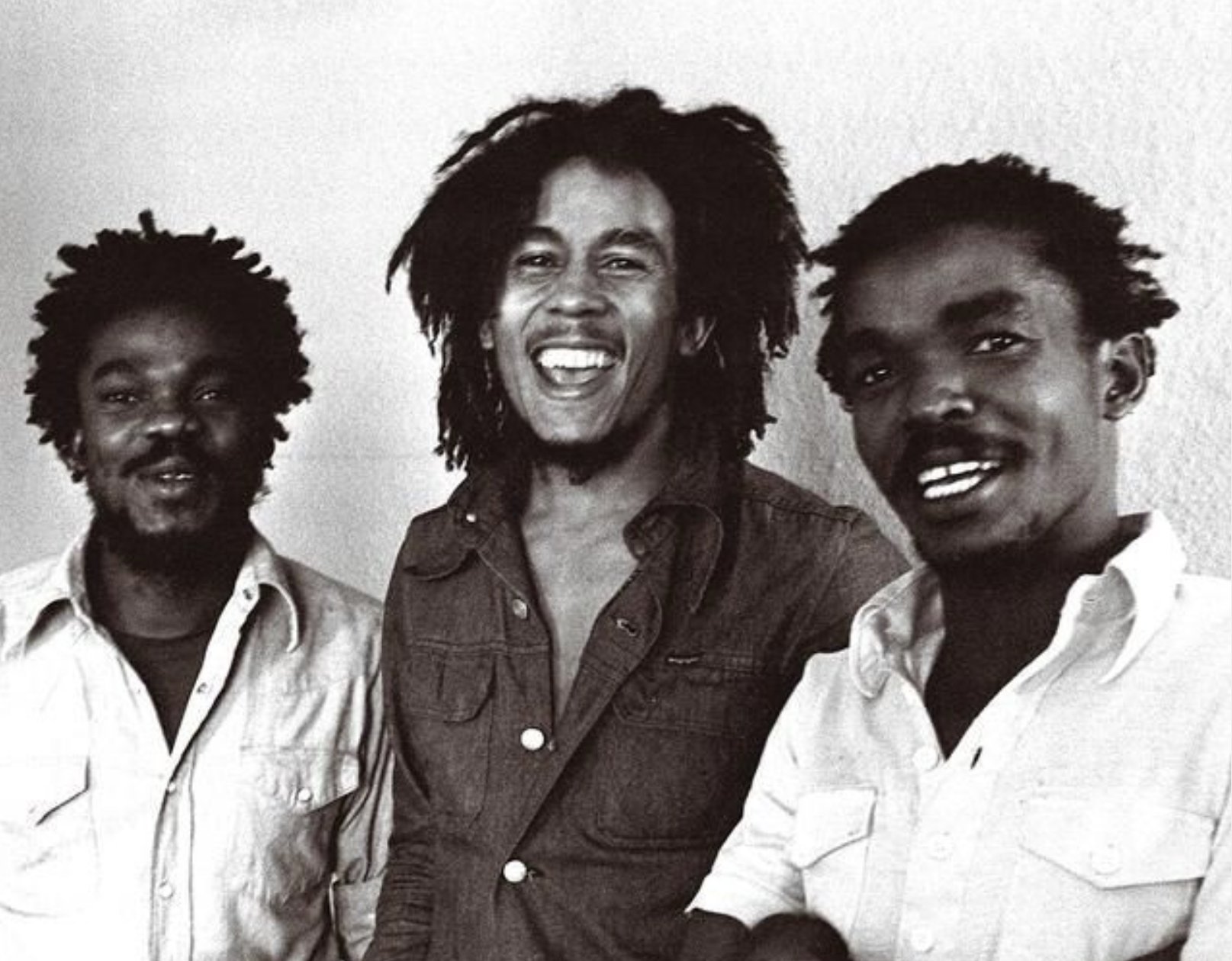
“And until the ignoble and unhappy regimes that hold our brothers in Angola, in Mozambique and in South Africa in subhuman bondage have been toppled and destroyed; until bigotry and prejudice and malicious and inhuman self-interest have been replaced by understanding and tolerance and good-will; until all Africans stand and speak as free beings, equal in the eyes of all men, as they are in the eyes of Heaven; until that day, the African continent will not know peace. We Africans will fight, if necessary, and we know that we shall win, as we are confident in the victory of good over evil.” In setting the stirring speech to music, Marley added a commanding refrain: “Everywhere is war!”
Don’t be deceived by the war rhetoric — Marley was a peacemaker. He nearly gave his life for it in 1976. Political tensions between Jamaican PM Michael Manley and opposition leader, Edward Seaga, were thick. A peace-building concert was organised and Marley was scheduled to play. Two days to the concert, gunmen attacked his home, seriously injuring his wife and manager. Marley got away with minor injuries and defiantly went ahead to play at the concert without the terrified Wailers. “The people who are trying to make this world worse aren’t taking a day off. How can I?” he said thereafter, before going on self-exile in the UK till 1978. He got the UN peace medal same year, after getting the Jamaican political rivals to hold hands on stage at the One Love Peace Concert — amid rising political violence.
Much of his lyrical content was biblical but he got more overtly political with time. ‘Survival’ (1979) explicitly preaches Africa’s total liberation. The track, ‘Zimbabwe’, was the anthem of the Zimbabwean freedom fighters, led by Robert Mugabe. He sang: ‘Everyman has the right to decide his own destiny/And in this judgement there is no partiality… We’ll have to fight/We gonna fight/We’ll have to fight/Fighting for our rights!’ Marley would play at Zimbabwe’s Independence celebration on April 18, 1980, bearing all his costs — even importing the PA system because the new country couldn’t afford one.
His Rastafarian message was even more prominent in his lyrics. His last album, in particular, was all about the message of his creed — ‘Zion Train’ coming to take the “righteous” home (‘Which man can save his brother’s soul?’ he asked); ‘Coming in from the Cold’ (‘Will you let the system make you kill your brotherman? No, dread, no); ‘Forever Loving Jah’ (‘They say we’re going wrong/To all the people we meet/But we won’t worry/We won’t shed no tears/We found a way/To cast away the fears’). He constantly celebrated marijuana, which the Rastas see as “holy weed”. That religious people consume his music without prejudice — as they do Fela’s — is a testimony to the power of his art and philosophy.
He consistently fought for human rights, as we see in ‘Get Up, Stand Up’, which was inspired during a tour of Haiti. The poverty he saw in Haiti was probably worse than he had seen in his home country. ‘I Shot the Sheriff’ is, to me, an #EndSARS song. The lyrics appear to be a campaign about acting in self-defence against police brutality. However, in 2012, Esther Anderson, the Jamaican song writer and Marley’s former girlfriend, said the line, ‘Every time I plant a seed/He says kill them before they grow’, was a veiled reference to his dislike for her use of birth control which he described as a sin, and that the original title was ‘I Shot the Doctor’. But why don’t I really believe her story?
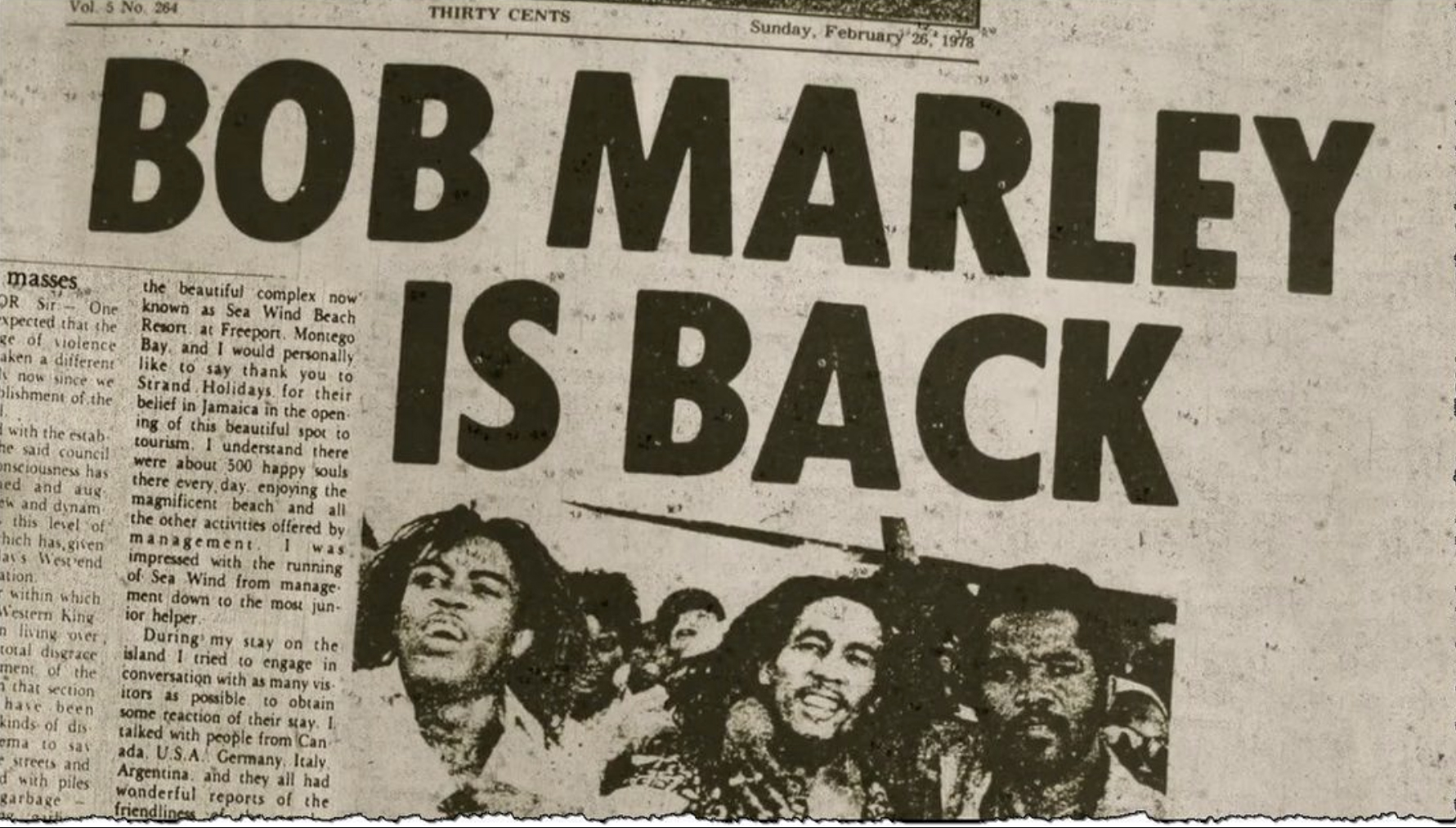
Marley himself was not forthcoming. In a 1975 interview, he said: “I Shot The Sheriff is like I shot wickedness. That’s not really a sheriff, it’s the elements of wickedness. The elements of that song is people been judging you and you can’t stand it no more and you explode, you just explode.” A year later, he changed tune. “I want to say ‘I shot the police’ but the government would have made a fuss so I said ‘I shot the sheriff’ instead. But it’s the same idea: justice,” he said. Clapton, whose cover of the song contributed immensely to selling reggae to the white audience, said Marley was vague when he himself asked him about the meaning. I would still take it as a song against police savagery.
Marley also sang romantic songs all his life, from ska to rocksteady to reggae. He captured the contradictions of romance. He celebrated the longings of love as much as he highlighted the heartbreaks. The same person who sang ‘One Cup of Coffee’ — gleefully announcing a break-up — also sang ‘Stay with Me’, pleading: ‘Down on my knees/Begging you please/Stay with me/Have I done you so wrong girl?’ He sang ‘my woman is gone’ as well as ‘I wanna love you and treat you right’. ‘Mellow Mood’, ‘Turn Your Lights Down Low’, ‘Satisfy My Soul’ and ‘There She Goes’ tell love stories with differing but real-life emotions. In all, however, he never derided or sexualised women.
THE MAN: MONEY CAN’T BUY LIFE
Yet, Marley was not the most faithful husband. In 1966, he married Ms Alpharita Constantia Anderson, a Cuban beauty who came with two children from a previous marriage. Both were adopted by Marley, who would go on to have children with different women, including notably Cindy Breakspeare, Miss World 1976 and mother of Damian, winner of multiple Grammys. Marley was officially father of 11. Rita, who had been mentored as a singer by Marley before they fell in love, had three children with him and, reportedly, two from extra-marital affairs. They deserved each other, in that case. It would appear they had an open marriage as the world has come to know it today.
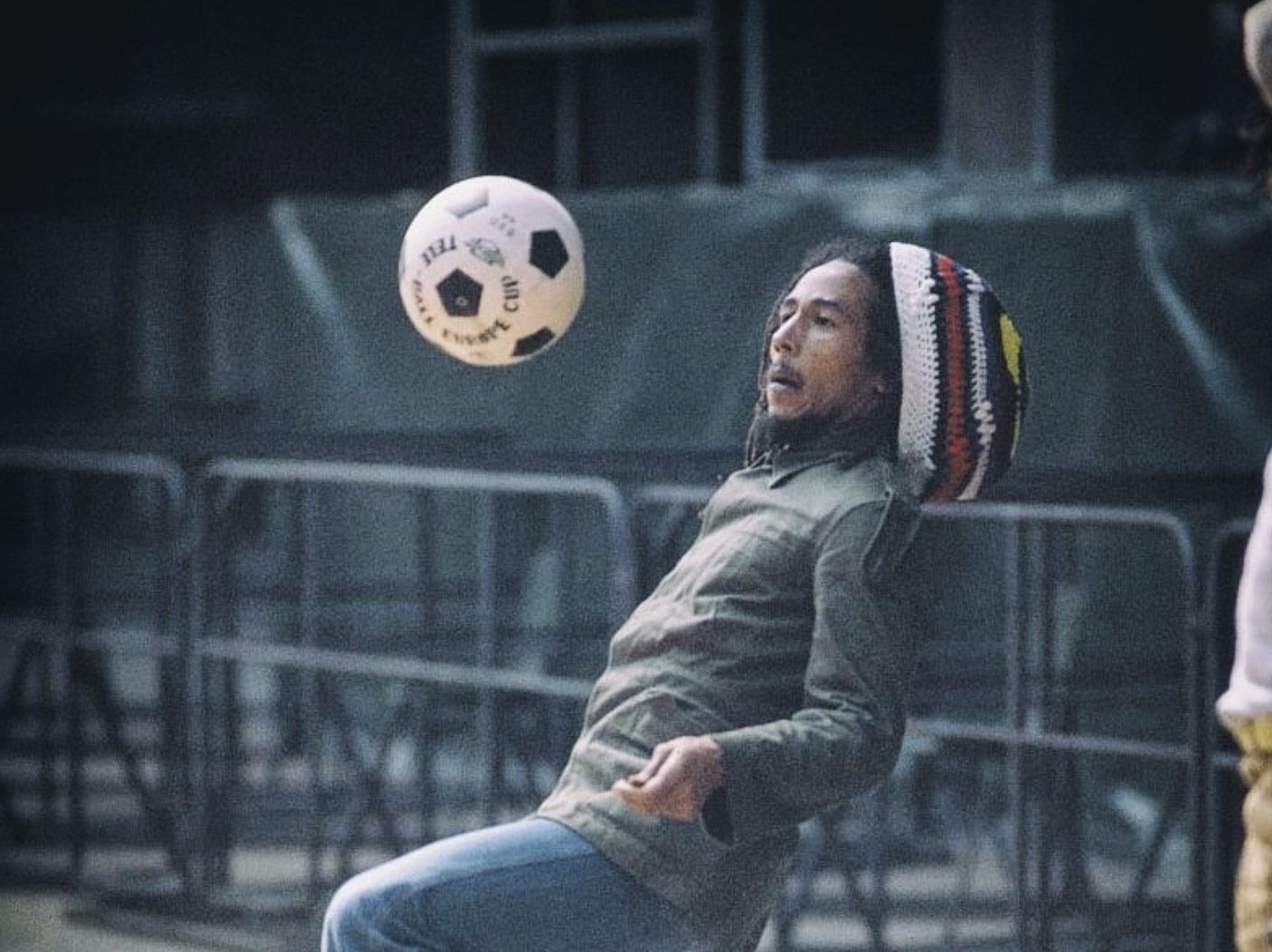
While weed and women could be easily classified as his vices, Marley was not known to have the other iniquities common to mega stars: egotism and doing drugs (if we treat marijuana as a minor drug as Rastas would have us do). Rather, he was down to earth and was once quoted as saying: “To myself, I am not famous.” He had a kind heart. He gave the writing credits of some of his songs to his friends to help them earn the royalties. For instance, ‘No Woman No Cry’ is credited to Vincent Ford, his friend who ran a soup kitchen in Trench Town, so that he would receive the royalty payments to keep his business going. This also helped Marley bypass some disputes with the song publishers.
Marley had an unusual arrangement with his band members. A royalties-based agreement with the record labels was not going to be as lucrative as his offer of generous salaries. The band members settled for his generosity. They were quite happy. After Marley’s death, the lack of a contract became a problem as the band members were no longer getting any payments. One of them, Aston, headed for the courts in 2006 demanding £60 million in “unpaid royalties” to himself and his late brother, Carlton, since Marley’s death. He lost. Wayne Jobson, a musician who knew Marley and the band well, retorted: “Bob would be turning in his grave to think they weren’t getting any money.”
His philosophy of money was phenomenal — for someone who grew up in poverty. He preferred contentment. “Money is numbers and numbers never end. If it takes money to be happy, your search for happiness will never end,” he told an interviewer. Asked if he was rich, he replied with a question: “What is rich?” The interviewer rephrased: “Do you have a lot of possessions?” He retorted: “Possessions make you rich? I don’t have that type of richness. My richness is life, forever.” Cedella, his eldest child, said: “My father would say that if I can’t help plenty of people I don’t want it.” On his death bed, Marley’s last words to his eldest son, Ziggy, were: “Money can’t buy life.”
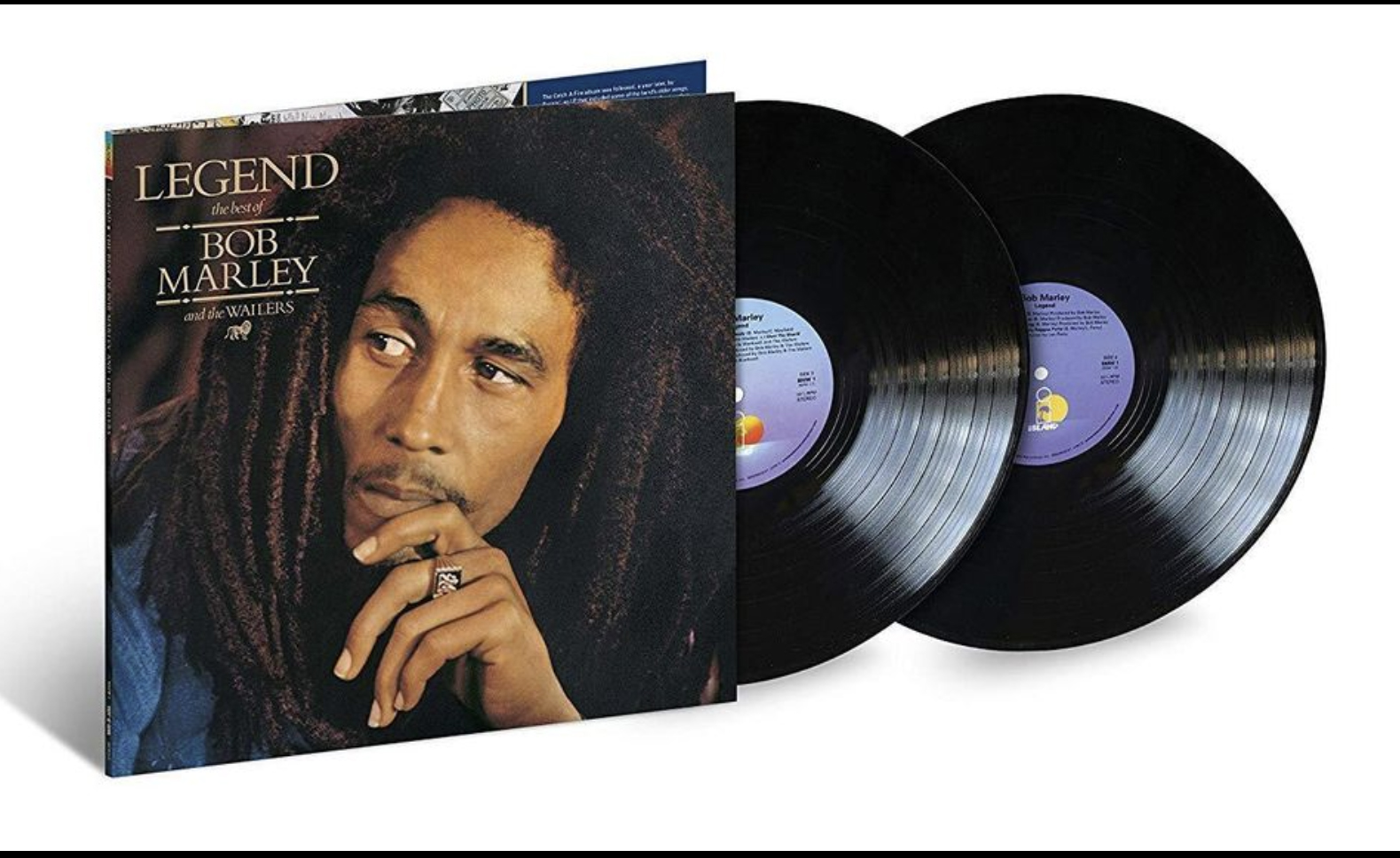
Bob Marley, the singer, songwriter, philosopher and football lover, died on May 11, 1981 at the Cedars Of Lebanon Hospital in Miami, US. Death was definitely coming. In July 1977, he was diagnosed with a cancer on his toe. There was an immediate solution: amputation. Marley stubbornly refused the option, saying it was against his religious beliefs. More so, he felt it was going to hamper his stage performance. Things got worse and he expertly hid his pains. He was still touring, and even drew his largest concert audience of 100,000 in Milan, Italy in 1980. He also had two concerts at Madison Square Garden, New York. After collapsing while jogging, it was discovered the cancer had spread to other parts of the body — brain, liver and lungs.
In the end, nobody wants to die. He desperately resorted to alternative treatments, which were ineffective. He started reading the Bible daily and cut his falling dreadlocks. On November 4, 1980, Archbishop Abuna Yesehaq baptised him “in the name of Jesus Christ” into the Ethiopian Orthodox Church, New York, and gave him the name Berhane Selassie (“Light of the Holy Trinity”). He had always resisted the Christian baptism but there is every chance Marley died a Christian, not a Rasta. His mum, who died in 2005, said she learnt from his friends much later that he said he would die at 36 “like Jesus”. It appears Jesus died at 33 though; but, at least, Marley did at 36 as he predicted.
He packed so much into his 36 years and left golden footprints behind. ‘Legend’, a compilation of Marley’s UK Top 40 hit singles, is the highest-selling reggae album ever, with 25 million units sold worldwide. It has spent 676 non-consecutive weeks on the Billboard 200 album chart since its release in 1984 — the second longest run of any album, next only to Pink Floyd’s ‘The Dark Side of the Moon’. In 2020, ‘Legend’ was ranked No 48 on Rolling Stone magazine’s 500 greatest albums of all time. ‘Exodus’ was named Album of the Century by Time magazine in 1999. ‘One Love’ is BBC’s Song of the Millennium. Marley was No 11 on Rolling Stone magazine’s Top 100 Artists of All Time in 2004.
For all his endeavour, though, Marley never got a Grammy. But this is more of an indictment on the judges. Reggae was not reckoned with by the Grammy organisers until 1985, by which time Marley had died — but there was a “world music” category for which he could have been considered. His children have made up for it, winning a combined total of 13 Grammys. Belatedly, Marley got a Lifetime Achievement Award at the Grammys in 2001, the year he got a star on the Hollywood Walk of Fame. He was posthumously inducted into the Rock and Roll Hall of Fame in 1994. In 2018, Forbes magazine listed Marley as No 5 on the list of the post-humous highest-earning celebrities.
I might have known little about the man and his message when I was a kid but by the time I was 17, I had collected every Marley song I could find and read extensively about him. It was inevitable that I would adore and idolise him. I started toying with Rastafarianism in 1987. Thankfully, I never touched the weed. I also didn’t believe in Selassie’s divinity, but I mouthed the obligatory “King of kings, Lord of lords, Conquering Lion of the Tribe of Judah”. I even aspired to be a reggae artiste. I wrote and composed over a hundred songs, inspired mainly by Marley’s philosophy. In September 1993, I ditched Rastafarianism and embraced the Christian faith. But it was fun while it lasted.
All photos, except otherwise stated, are from the official Instagram page of Bob Marley.
1 comments

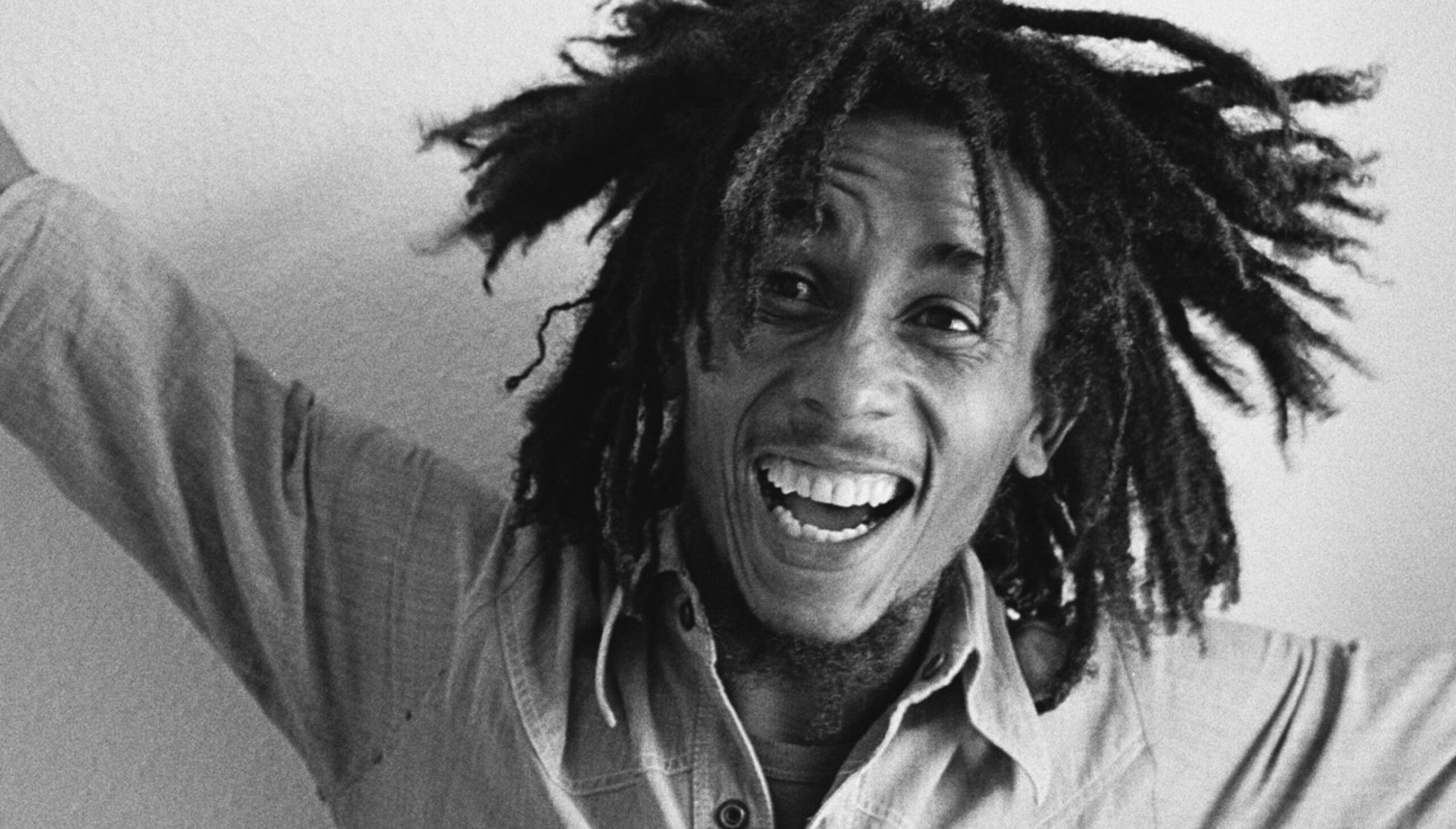





Nice biography per Bob Marley from SK –